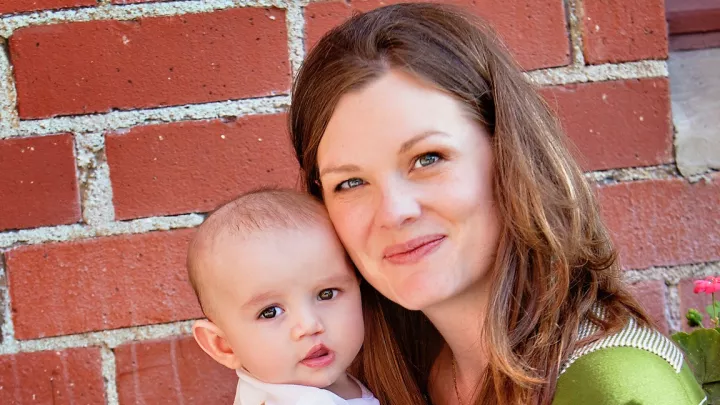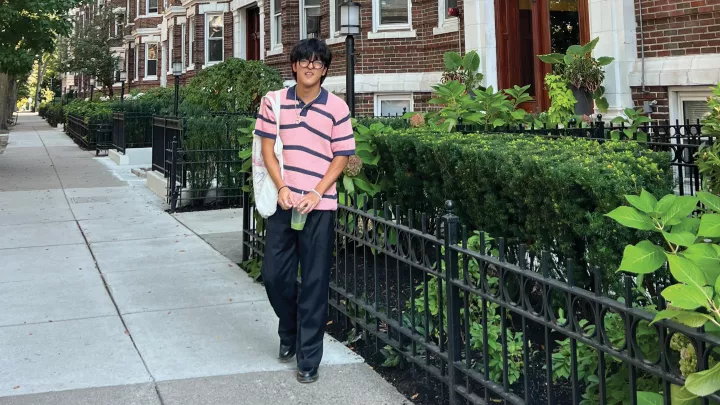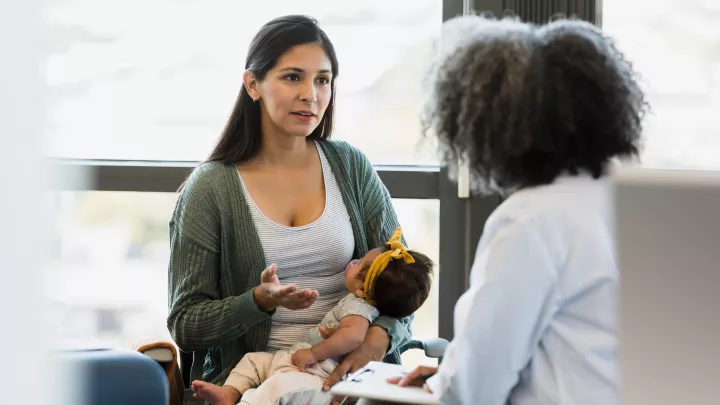Hand and Microsurgery Program
The Division of Plastic and Maxillofacial Surgery at Children's Hospital Los Angeles has a long and proud history of providing state-of-the-art microsurgical care for children with congenital, acquired, and traumatic hand and upper extremity deformities.
Treatment and Care
In close coordination with our occupational therapy team, a treatment plan is tailored for each child and may include soft tissue, bone, vascular, and peripheral nerve reconstruction incorporating cutting-edge microsurgical techniques.
Our Team
The Hand and Microsurgery Program provides a comprehensive team of uniquely trained physicians with several years of experience in the treatment of hand and upper extremity injuries and deformities.
- Plastic and reconstructive surgeons
- Occupational therapists
- Clinical nurses
- Physician assistants
Commonly Treated Conditions
A. Congenital hand differences
- Amniotic band syndrome: constriction ring syndrome
- Arthrogryposis: hand joint contractures
- Camptodactyly: bent finger
- Cleft hand: split hand
- Clinodactyly: crooked finger
- Macrodactyly: large fingers
- Madelung deformity: bent wrist
- Polydactyly: extra thumb, extra pinky
- Radial club hand: absent or small radius
- Symbrachydactyly: short / small hand
- Syndactyly: webbed hand
- Thumb hypoplasia: small or absent thumb
B. Acquired upper extremity problems
- Brachial plexus palsy: birth-related, obstetric, neonatal paralysis of the upper extremity
- Burns of the upper extremity: scar contractures, joint contractures, open wounds
- Cerebral palsy: upper extremity spasticity or quadriplegia from birth
- Tumors of the upper extremity: ganglion cyst, bone tumors (enchondroma), nerve tumors (schwannoma), other masses
- Trigger finger or trigger thumb
C. Traumatic upper extremity
- Hand and wrist injuries: arteries, veins, nerves, tendons, bone fractures, joint dislocations, skin wounds
- Partial or complete thumb or finger amputations: partial or complete absence of a thumb or finger
D. Peripheral nerve
- Lower extremity paralysis: foot drop
- Upper extremity paralysis or weakness
E. Microsurgery
- Free flap coverage of wounds/defects
- Free functional muscle transfer: Transplanting muscles to allow arm or leg movement for paralysis/palsy
Before and After Photos
The success of hand and upper-extremity surgeries can be dramatic. Here, you can view before-and-after photos of children who've had surgery to correct some of the conditions we commonly treat.


